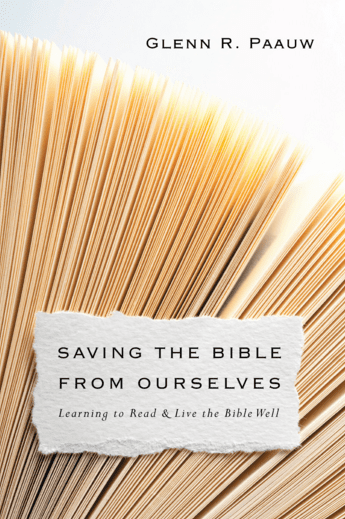 The problem is that Old and New Testament scholars, almost uniformly, ignore (systematic) theology in favor of what is demonstrable from the text in its historical context. Yet, yet, yet … who can read the Bible and not observe that it is theological? For theology, by theologically minded and for those who worship? This backing away from all things theological occurred from the Enlightenment on and now has a fierce (and oft-protected) grip on biblical studies and therefore some on biblical theology.
The problem is that Old and New Testament scholars, almost uniformly, ignore (systematic) theology in favor of what is demonstrable from the text in its historical context. Yet, yet, yet … who can read the Bible and not observe that it is theological? For theology, by theologically minded and for those who worship? This backing away from all things theological occurred from the Enlightenment on and now has a fierce (and oft-protected) grip on biblical studies and therefore some on biblical theology.
Where does theology invade biblical theology the most?
To the “rescue” comes a kind of biblical theology concerned with the theological dimension and focus of the text. This is BT5 in Klink and Lockett’s Understanding Biblical Theology, and they have chosen Francis Watson as their major proponent of this approach.
What is the “biblical theology as theological construction”? It is how the church reads Scripture as church and how the church reads Scripture as Scripture. That’s theoretical and, to be blunt about it, both “biblical theology as theological construction” and “theological interpretation of Scripture” is no clearer — in any statement I’ve seen. Maybe they’ll consider my definition for understanding their discipline.
Reading the Bible, then, is a theological enterprise — for the present. The Bible is not a historical text; for the church the Bible is Scripture. It is unlike any other book and so is unique as a genre. Those who judged this discipline are those for whom it matters: those of faith, those in the church. It involves the whole Bible — OT and NT, seeing a two-Testament Bible. Christian tradition matters.
There are emphases: the revelationist approach (Vanhoozer), textualist (Lindbeck), and functionalist (Fowl). The subject matter is God and secondly the church.
They move then to Watson, who offers a textually-mediated theology and a textually-mediated Jesus. The Gospels are narrated history (neither just history nor just narrative). This mediated theology is taken up into Christian worship and praxis, which influence how we read the Bible. Watson discusses the Old and New issue: a twofold Bible, with one preceding and one following, with the New taking on precedence in the person and work of Christ. So he argues for a christocentric reading of the Bible.
Most of Watson’s critics think he is not theological enough (not Trinitarian enough) while historians will say he’s too theological.










